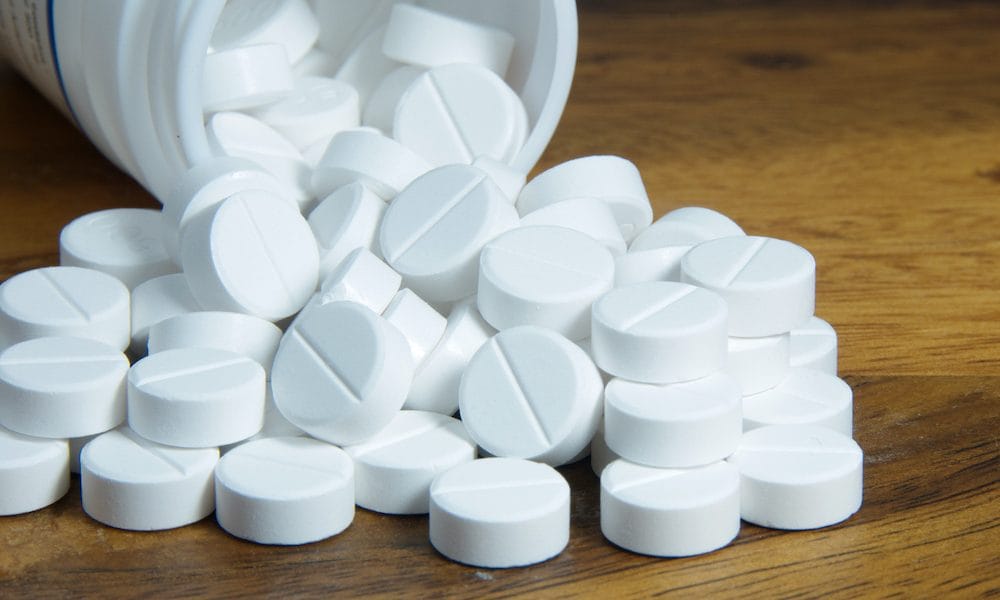
Probiotics for IBS: A Natural Support for Digestive Health
IBS represents a life-lasting gut problem that directly impacts digestion functions. The condition leads to uncomfortable symptoms that include swelling of the stomach, stomachaches,intestinal gas, loose stools, and hard stools. Research shows that taking probiotics for IBS treatment helps because they normalize the gut microbiome.
What Is IBS and How Do Probiotics Help?
IBS affects the digestive system without causing physical damage but leads to constant pain and stress each day. Researchers believe that IBS develops when gut bacteria balance goes wrong plus when stress or specific intestine movement patterns happen.
Assimilating live microorganisms into the intestine supports proper gut health. They may help:
- The probiotics decrease swelling in gut membrane cells.
- Improve bowel regularity
- Strengthen the gut barrier
- Probiotics help reduce mild emotional problems linked to IBS problems
Probiotics help reduce IBS symptoms allowing patients to handle their regular activities more easily although they do not heal the condition permanently.
You Need to Select Proper Probiotic Strains for IBS Treatment
Different probiotic supplements deliver various health benefits. You should choose a specific probiotic product based on which symptoms you experience most often with IBS. Helpful strains include:
- The use of Lactobacillus plantarum supports natural relief from bloating and abdominal pain.
- Bifidobacterium bifidum – Aids both constipation and diarrhea
- The probiotic strain Lactobacillus rhamnosus GG protects the gut wall and prevents uncomfortable inflammation.
Choose supplements that list specific bacterial strains and contain between 10 and 50 billion colony forming units (CFUs) from products kept either at room temperature or cold. Enteric-coated capsules work best because they protect live bacteria until they reach the intestines after passing through stomach acid.
How to Use Probiotics for Best Results
Follow these easy methods to make your probiotic use effective.
- Begin with a slight amount of medication to check your body’s response.
- Eating your supplements with food helps protect the health of the bacteria while improving their absorption by your body.
- Take your daily probiotics at the same schedule.
- Note changes in your symptoms to know which probiotic format suits you best.
- Complement probiotics with IBS-friendly diet choices by eating rice spinach and grilled chicken. You should limit your intake of fried foods and put less emphasis on sugar and caffeine in your diet.
Consuming enough water and sleeping well along with this treatment help maintain proper digestive function.
Long-Term Effects and Cautions
Users generally experience fewer gut problems and fewer stomach discomforts right after using probiotics for 4 to 8 weeks. Having a healthier gut system produces a better mood and prevents IBS attacks from happening.
However, results vary. People may require testing various strains before they find successful results. Consult with a doctor when your gut issues include SIBO or you are taking prescribed medications prior to starting any probiotic program.
Final Thoughts
The regular use of probiotics benefits people who have IBS. Probiotics support gut health when you maintain a light diet and practice good practices to reduce symptoms. These natural supplements offer basic daily digestive system assistance even though they cannot cure your condition.



















